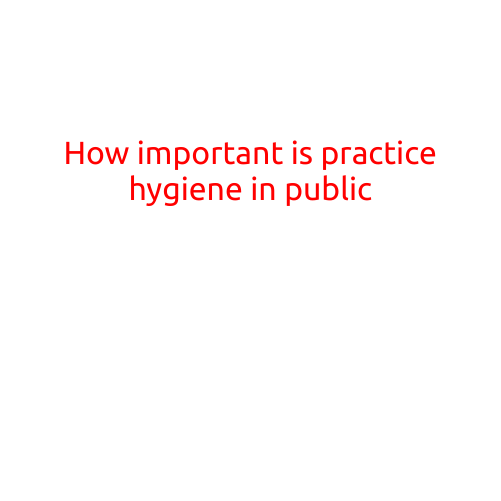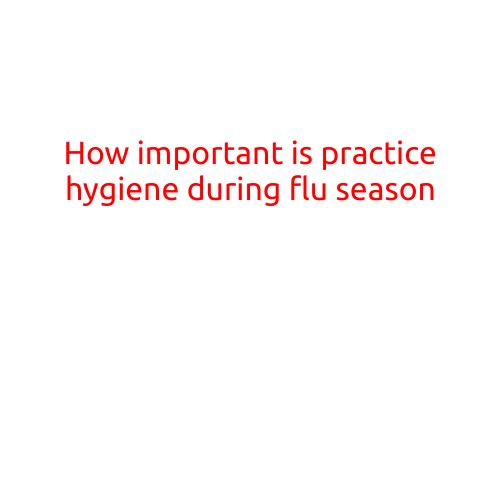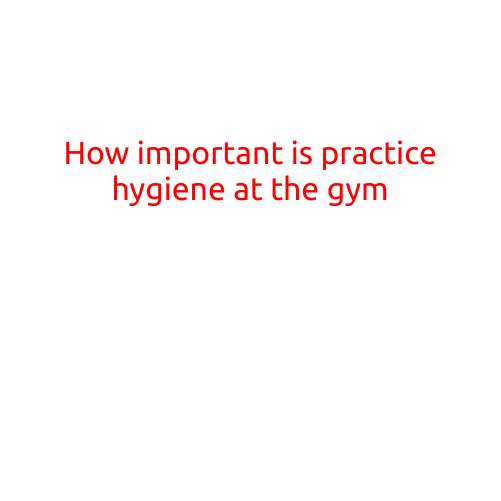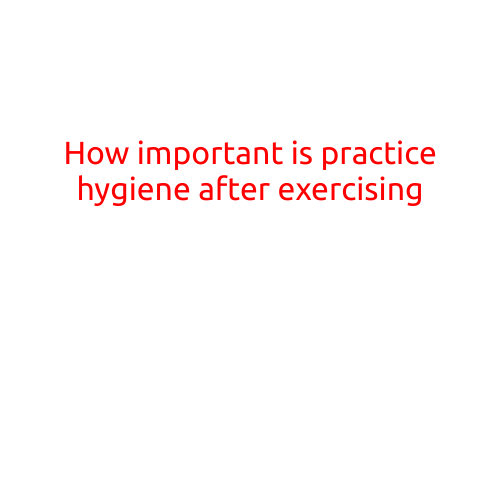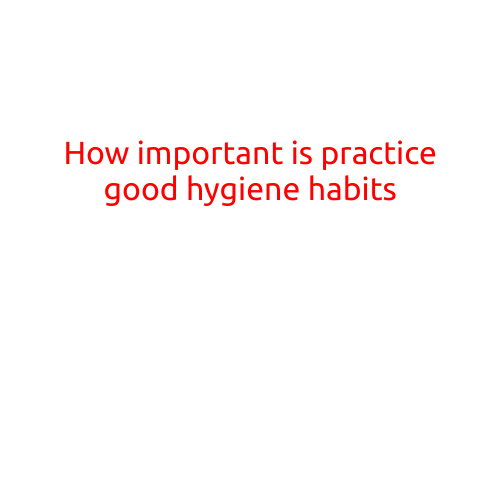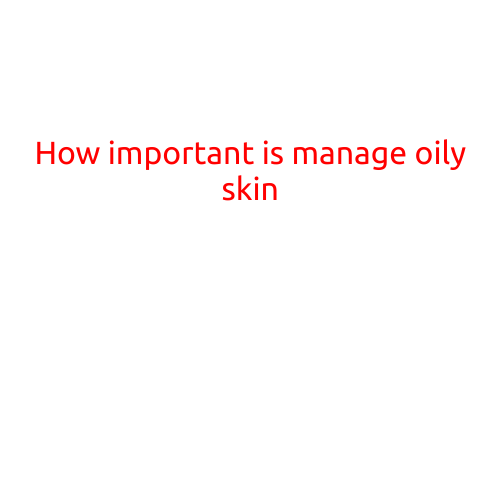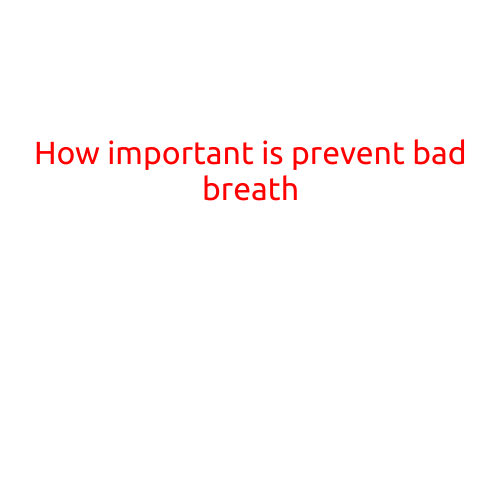
How Important is Preventing Bad Breath?
Bad breath, also known as halitosis, is a common problem that affects millions of people worldwide. It can be a source of embarrassment, discomfort, and even social anxiety. While it may seem like a minor issue, preventing bad breath is crucial for your overall health, well-being, and personal relationships.
Why is Preventing Bad Breath So Important?
Preventing bad breath is important for several reasons:
- Social Consequences: Bad breath can affect your social life and relationships. It can lead to feelings of embarrassment, self-consciousness, and isolation. People with bad breath may avoid social situations, such as meeting friends, going on dates, or attending work meetings, out of fear of being judged or rejected.
- Health Risks: Bad breath can be a symptom of underlying health issues, such as gum disease, sinus infections, diabetes, and dental caries. If left untreated, these conditions can lead to more serious health problems, including heart disease, stroke, and respiratory infections.
- Impact on Self-Esteem: Bad breath can significantly affect your self-esteem and confidence. People with bad breath may feel like they’re not good enough, or that others perceive them as unworthy or unclean.
- Professional Consequences: Bad breath can impact your professional life, especially in careers that involve close personal interactions, such as healthcare, teaching, or sales. Clients, patients, or customers may be hesitant to work with someone who has bad breath.
- Oral Health: Preventing bad breath is essential for maintaining good oral health. Bad breath can be a sign of poor oral hygiene, gum disease, or other dental problems. By preventing bad breath, you’re also reducing the risk of tooth decay, gum disease, and other oral health issues.
How to Prevent Bad Breath?
Fortunately, preventing bad breath is easier than you think. Here are some simple tips to help you keep your breath fresh and your mouth healthy:
- Brush and Floss Regularly: Brush your teeth at least twice a day with a fluoride toothpaste and floss once a day to remove food particles and plaque.
- Use a Tongue Scraper: Use a tongue scraper to remove bacteria and debris from the surface of your tongue, which can contribute to bad breath.
- Mouthwash: Use a mouthwash that contains antibacterial ingredients to help kill bacteria and freshen your breath.
- Chew Sugar-Free Gum: Chewing sugar-free gum can stimulate saliva production, which helps to neutralize acids and wash away bacteria.
- Eat Crunchy Fruits and Vegetables: Crunchy fruits and vegetables, such as apples, carrots, and celery, can help stimulate saliva production and clean your teeth.
- Visit Your Dentist Regularly: Regular dental check-ups can help identify any underlying oral health issues that may be contributing to bad breath.
- Quit Smoking: Smoking is a common cause of bad breath, so quitting can significantly improve your breath and overall health.
- Avoid Strong-Foaming Mouthwashes: Avoid using strong-foaming mouthwashes, which can dry out your mouth and make bad breath worse.
- Stay Hydrated: Drinking plenty of water can help to keep your mouth moist and reduce the risk of bad breath.
- Practice Good Oral Hygiene: Practice good oral hygiene by cleaning your tongue, cheeks, and palate regularly.
Conclusion
Preventing bad breath is crucial for your overall health, well-being, and personal relationships. By following these simple tips, you can keep your breath fresh, your mouth healthy, and your self-esteem intact. Remember, preventing bad breath is easier than you think, and it’s worth making the effort to maintain good oral hygiene and overall health.
